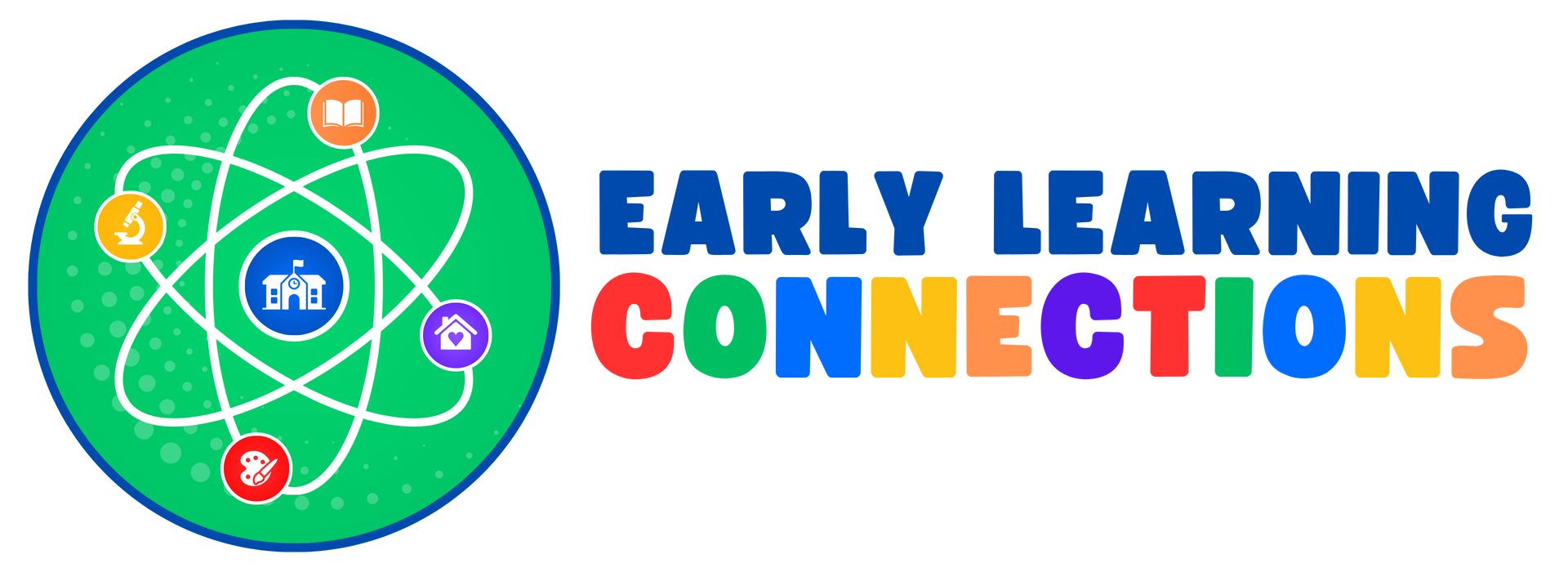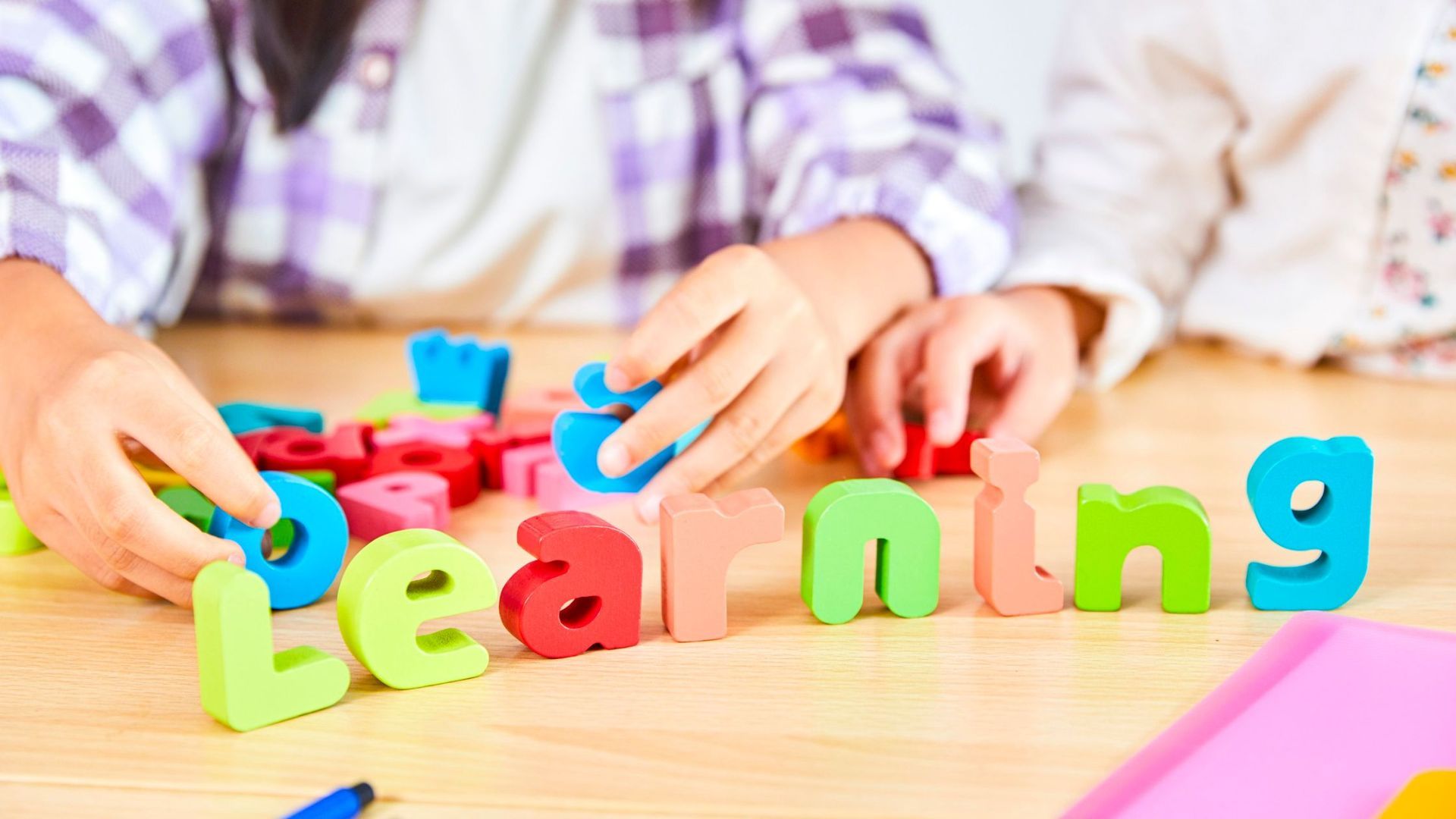The Role of Reading in Early Childhood Development

Reading plays a crucial role in the early development of children, fostering cognitive growth, language skills, and emotional intelligence. Introducing books at an early age helps children build vocabulary, develop comprehension abilities, and cultivate a lifelong love for learning. This blog explores why reading is essential in early childhood and how parents and educators can encourage strong literacy habits.
Enhancing Language and Communication Skills
Reading aloud to young children is one of the most effective ways to support language acquisition and communication development.
- Expanding vocabulary – Exposure to books introduces children to new words and phrases beyond everyday conversation.
- Improving listening skills – Storytime encourages children to focus, follow narratives, and understand context.
- Developing early literacy – Recognizing letters, sounds, and sentence structures sets a foundation for reading and writing.
Children who are read to regularly tend to develop stronger language skills and confidence in self-expression.
Boosting Cognitive Development and Critical Thinking
Reading helps stimulate a child’s brain, strengthening cognitive functions that are crucial for problem-solving and reasoning.
- Encouraging curiosity and imagination – Books introduce new concepts, cultures, and ideas, expanding a child’s worldview.
- Building concentration and memory – Following storylines helps children remember details and make connections between ideas.
- Developing problem-solving skills – Engaging with books that pose challenges or moral dilemmas encourages children to think critically.
Through reading, children develop cognitive flexibility and a deeper understanding of the world around them.
Fostering Emotional and Social Development
Books can be powerful tools for teaching children about emotions, empathy, and social interactions.
- Understanding emotions – Stories with relatable characters help children identify and express their own feelings.
- Building empathy – Reading about different perspectives teaches children to appreciate and respect diverse experiences.
- Improving social skills – Discussing books with parents, teachers, or peers encourages conversation, turn-taking, and active listening.
Reading stories about friendship, kindness, and challenges helps children navigate social situations in real life.
Creating a Love for Books and Learning
Developing a passion for reading at an early age sets the stage for lifelong learning and academic success.
- Making reading enjoyable – Choosing age-appropriate, engaging books fosters a positive attitude toward reading.
- Creating reading routines – Incorporating books into daily life, such as bedtime stories, establishes consistency and enjoyment.
- Allowing children to choose books – Letting children pick their own books encourages independence and interest in reading.
When children associate reading with fun and discovery, they are more likely to continue seeking knowledge throughout life.
Practical Ways to Encourage Reading
Parents and educators can make reading an integral part of a child’s life with simple strategies.
- Read aloud daily – Even a few minutes of reading each day can have a significant impact on a child’s development.
- Engage in interactive reading – Asking questions, making predictions, and discussing stories helps deepen comprehension.
- Use different formats – Incorporate audiobooks, picture books, and interactive e-books to keep reading experiences diverse and engaging.
- Create a literacy-rich environment – Having books easily accessible at home or in the classroom encourages spontaneous reading.
By making reading enjoyable and interactive, children are more likely to develop strong literacy habits.
Just as proper nutrition fuels cognitive growth, engaging in creative arts nurtures imagination—both of which complement the power of reading in fostering a child's overall development.
Conclusion
Reading is a fundamental pillar of early childhood development, shaping cognitive abilities, language skills, and emotional intelligence. By incorporating books into daily routines and encouraging a love for storytelling, parents and educators can equip children with the tools they need for academic success and lifelong learning. Whether through bedtime stories, library visits, or interactive reading activities, fostering a strong reading foundation benefits children in countless ways.
Encouraging reading from an early age ensures that children grow into confident, curious, and thoughtful individuals, ready to embrace the world of knowledge and imagination.










